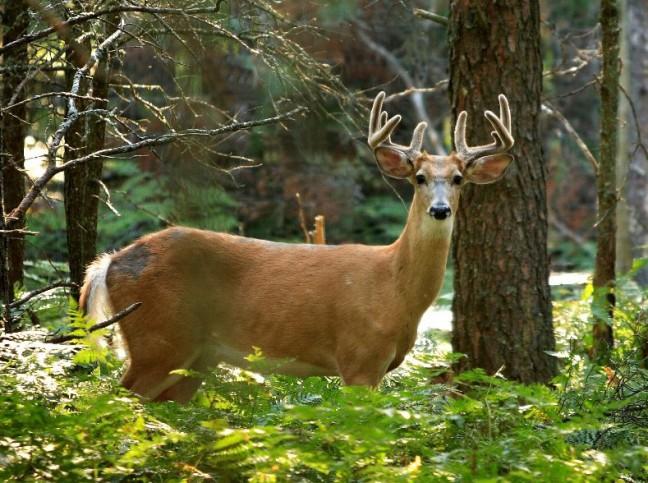After a slight but noticeable increase in both the registered hunter turnout and number of deer killed, the Wisconsin Department of Natural Resources officials are comfortable declaring the 2015 hunting season a success.
While 608,711 gun deer licenses were sold in 2014, 612,377 were sold during the nine-day gun deer season this year. A preliminary 2015 season count shows that 201,812 deer were harvested, compared to 199,583 in 2014.
According to Bob Nack, DNR Big Game Section Chief, the successful hunting season was thanks to a combination of factors. These include more deer across Wisconsin, favorable weather and more registered hunters in conjunction with the larger deer count.
“Generally, if people are tuned in to what the deer population is doing, they tend to buy licenses,” Nack said. “So, when we have good deer numbers, we sell a lot of licenses as well.”
Nack said that the increases this year should not be interpreted as a larger trend, pointing out that last year’s numbers were down because of harsh hunting conditions. Smaller herds last year also contributed to that trend.
Sawyer Briel, DNR communications chief, echoed Nack’s sentiment about the cultural importance of hunting in Wisconsin. He referenced the increased registration of both older and younger hunters, an important demographic trend.
Like Nack, he cited improved weather conditions as a reason for higher hunter registration and deer kills, along with DNR hunter safety programs. But cultural and social impact remained his main focus.
“Hunting’s a great boon for the economy in Wisconsin, and the social aspect is huge,” Briel said. “A lot of people don’t just go out there to shoot a deer; it’s family deer camp. Seeing people you haven’t seen in a long time, a lot of people travel from out of state and around the world actually.”
Timothy Van Deelen, assistant professor of forest and wildlife ecology at University of Wisconsin, said in an email that numbers being higher this year is a natural consequence of last year’s lower turnout. In addition, he noted that Wisconsin’s deer hunting season is much shorter compared to other big game states.
“Deer hunting is a good thing for Wisconsin,” Van Deelen said in the email. “It is a treasured part of Wisconsin culture that connects people to nature and to their family and friends.”


